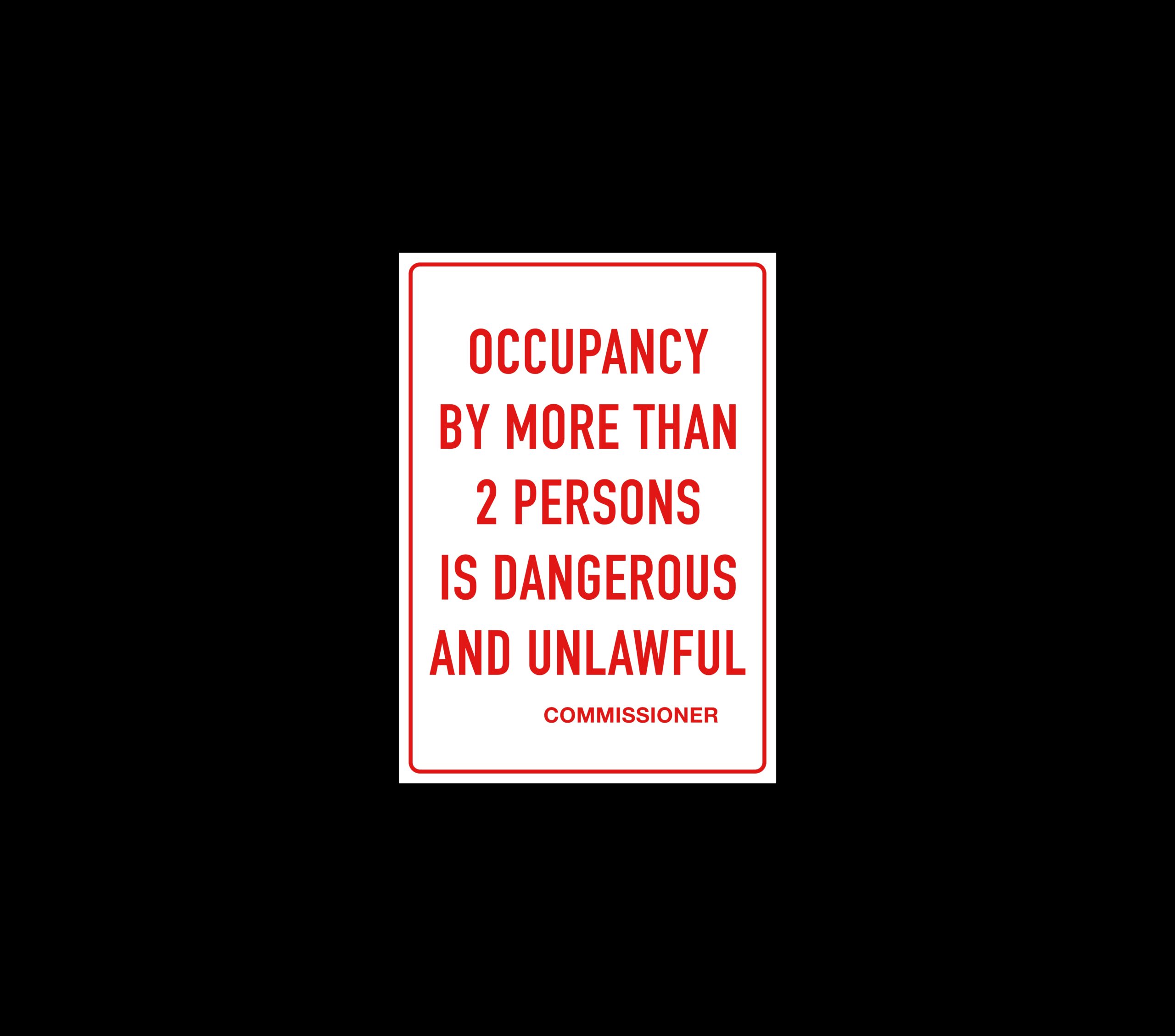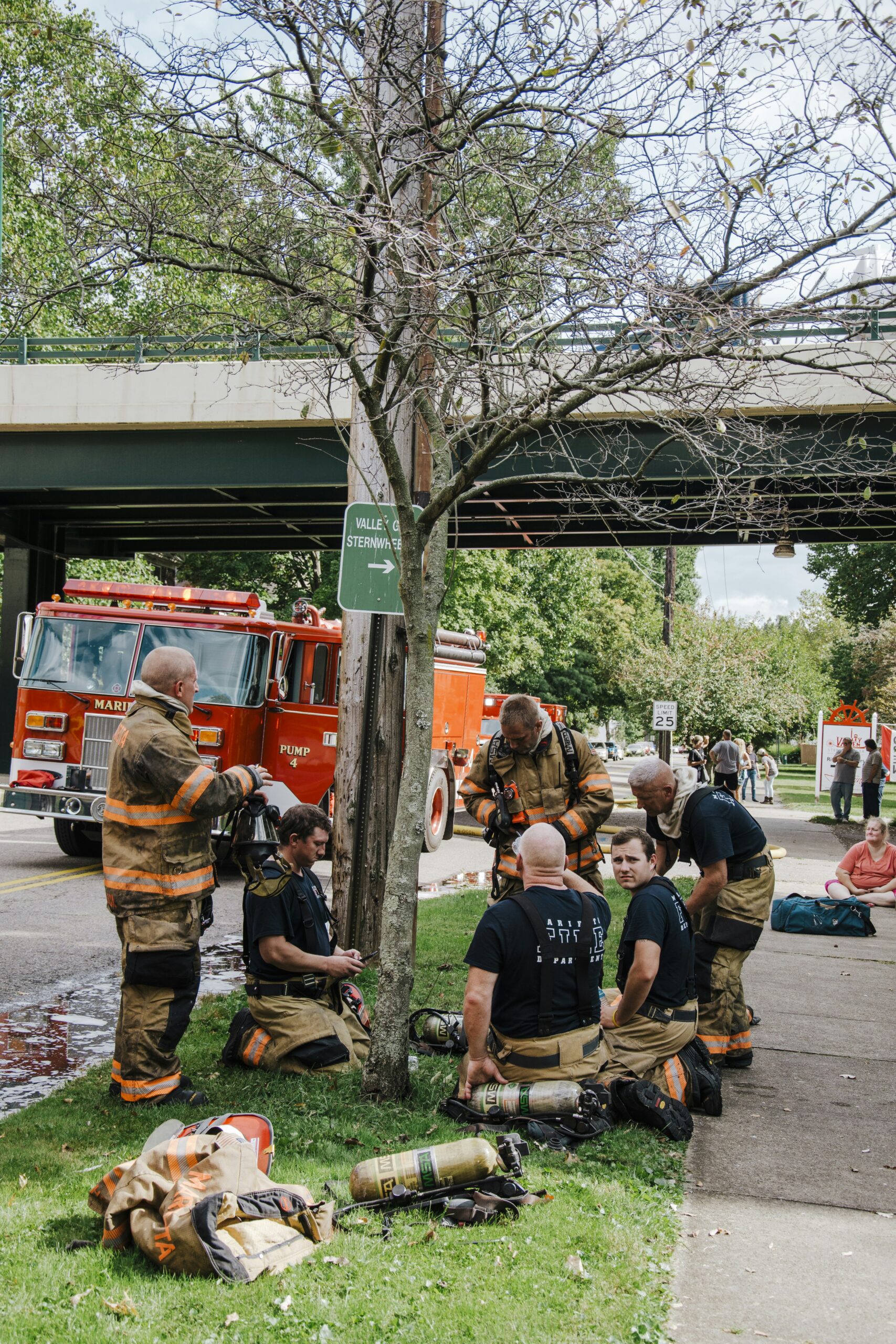In our modern world, it is important to be prepared for any unexpected events, including the unfortunate possibility of a terrorist attack disaster. Although it is a topic that may bring anxiety, having a clear plan in mind can help keep you and those around you safe. This article will provide you with crucial information and practical tips on how to respond in the case of a terrorist attack disaster, ensuring your personal safety and the well-being of others.

Understanding the Threat
In order to effectively respond to a terrorist attack, it is crucial to have an understanding of the threat at hand. Recognizing potential signs of terrorism can help identify suspicious activities that may lead to an attack. These signs include individuals conducting surveillance, people taking photos or videos of high-profile and crowded areas, or unattended bags or packages in public places. By being vigilant and reporting any suspicious behavior to the authorities, you can play a vital role in preventing potential attacks.
It is also important to distinguish between different types of terrorist attacks. These can range from bombings and shootings to chemical, biological, radiological, or nuclear (CBRN) attacks. Each type of attack presents unique hazards and requires different response strategies. By comprehending the hazards of these different types of attacks, you can better prepare yourself and take appropriate actions to mitigate the risks.
Prior Preparation
Being prepared before a terrorist attack occurs can greatly increase your chances of staying safe. Establishing a family emergency plan is a critical first step. This plan should include communication strategies, designated meeting points, and steps to take in case of separation. By involving all family members in the planning process, everyone will have a clear understanding of what to do in the event of an attack.
Assembling an emergency supply kit is another crucial aspect of preparedness. This kit should contain essential items such as non-perishable food, water, a flashlight, batteries, a first aid kit, and any necessary medications. By having these supplies readily available, you can ensure that you and your family are well-equipped to handle any emergency situation.
Knowing your surroundings and exits is essential for your safety. Familiarize yourself with the layout of the places you frequent, such as your workplace, school, or favorite shopping center. Take note of emergency exit routes and pay attention to any security measures in place. This knowledge will help you act swiftly and efficiently during an attack.
Staying informed about current threats and alerts is crucial to being prepared. Follow reputable news sources and subscribe to emergency alert systems in your area. By staying informed, you can be aware of any potential threats and take necessary precautions.
During the Attack
In the event of a terrorist attack, it is important to stay calm and alert. Panic can hinder your ability to make rational decisions and take appropriate actions. By remaining composed, you can think clearly and increase your chances of survival.
Seeking immediate cover is paramount to your safety during an attack. Identify nearby structures or objects that can provide protection, such as walls, pillars, or barricades. Take cover behind these objects to shield yourself from gunfire or explosions. Stay low to the ground to minimize your exposure.
If it is safe to do so, fleeing the scene should be your next course of action. This may involve running to a safe location or exiting the affected area as quickly as possible. Follow emergency exit signs or predetermined escape routes if available. Avoid bottlenecks and crowded areas to prevent becoming a target or getting caught up in the chaos.
Avoiding key targets is important to minimize your risk of being directly involved in an attack. Terrorists often target crowded places, such as shopping malls, transportation hubs, or entertainment venues. If possible, steer clear of these locations during times of heightened security or when there are credible threats.
In the event that you are confronted by a terrorist, minimizing your profile is crucial. This means making yourself a less visible and attractive target. Do not make sudden movements or draw attention to yourself. Cooperate with the aggressor’s demands if necessary, while also looking for opportunities to escape or seek help.
Contacting the Authorities
Knowing emergency contact numbers is essential in times of crisis. Memorize the local emergency hotline and any other relevant numbers, such as those for police, fire, and medical services. Having this information readily available can save precious time during an emergency.
If you find yourself in the midst of a terrorist attack, providing useful information about the incident can assist the authorities in their response efforts. Be observant and try to remember important details, such as the appearance of the perpetrators, any weapons involved, or the direction they fled. Pass on this information to the authorities as soon as it is safe to do so, either directly or through emergency hotlines.
Cooperating with law enforcement during an active event is crucial for both your safety and the overall response effort. Follow the instructions of law enforcement personnel, as they are trained to handle these situations. Be prepared to provide any requested information or assistance, while ensuring your own safety and the safety of others around you.

Emergency First Aid
Administering basic first aid can make a significant difference in the outcome of a terrorist attack. In the immediate aftermath of an attack, there may be injured individuals in need of assistance. Knowing how to provide basic first aid, such as stopping bleeding, stabilizing fractures, or performing CPR, can help save lives until professional help arrives.
Protecting yourself and others from potential contaminants is also important during an attack. With the possibility of CBRN attacks, it is crucial to minimize exposure to harmful substances. If you suspect the presence of chemical or biological agents, cover your nose and mouth with a cloth, and move to an area with fresh air, if possible. Ensure that any open wounds or cuts are also covered to prevent contamination.
Providing aid while waiting for professional help may involve offering comfort and reassurance to victims, reassuring them that help is on the way. Keep calm and provide emotional support by listening to their concerns and being present for them. Remember that providing emotional support is just as important as providing physical aid.
After the Attack
After a terrorist attack has occurred, it is vital to wait for an all-clear message from the authorities. Do not rush back into the affected area until it is deemed safe to do so. Emergency personnel need time to secure the area and ensure there are no additional threats.
Maintaining safety and security should be a priority in the aftermath of an attack. Follow the instructions of law enforcement and emergency personnel, as they work to restore order. Be cautious of potential secondary attacks or threats and report any suspicious activities to the authorities.
Coordinating with others for support can help in the aftermath of a terrorist attack. Reach out to family members, friends, or support groups to share experiences and seek comfort. Connecting with others who have gone through similar situations can provide emotional support and help ease the burden of recovery.

Psychological Impact
Terrorist attacks can have a profound psychological impact on individuals and communities. Understanding common reactions to terrorism is important in order to recognize when to seek help. It is normal to experience feelings of fear, anxiety, sadness, anger, or confusion in the aftermath of an attack. However, if these feelings persist or begin to interfere with daily life, it may be necessary to reach out to mental health professionals for support.
Knowing when to seek help is crucial for mental health recovery. If you find yourself struggling to cope with the aftermath of a terrorist attack, do not hesitate to reach out to professionals trained in trauma and crisis intervention. They can provide guidance, therapy, and support to help you navigate the emotional impact of the event.
Coping strategies for adults and children can help individuals manage the psychological effects of a terrorist attack. These strategies may include practicing stress management techniques, such as deep breathing exercises or mindfulness, engaging in activities that bring joy or relaxation, maintaining a routine, and seeking support from loved ones. It is important to remember that everyone copes differently, and finding what works best for you is key.
Recovery and Rehabilitation
Recovering from a terrorist attack involves not only physical and psychological healing but also the restoration of daily life. Cleaning and repairing your home is an important step in the recovery process. It can help restore a sense of normalcy and provide a fresh start. Seek assistance from professionals or volunteers if needed, as they can help expedite the process.
Replacing necessary documents and identification is another critical aspect of recovery. As attacks often result in the loss or damage of important documents, such as IDs, passports, or driver’s licenses, it is important to begin the process of obtaining new ones as soon as possible. Contact the appropriate authorities to report lost documents and follow their guidelines for replacing them.
Mental health recovery is a crucial part of the overall healing process. Reach out to mental health professionals who specialize in trauma to receive the support needed to address any lingering psychological effects. Therapy, counseling, and support groups can all play a role in the recovery and rehabilitation process.
Communicating with Media
After a terrorist attack, it is natural for the media to seek information. Sharing an accurate account of the incident is important to ensure that the public receives reliable information. Stick to the facts and avoid speculation or exaggeration. Be concise and provide only the information you are comfortable sharing. Protecting your privacy is equally important, so be cautious of sharing personal details that may compromise your safety or security.
Cooperating with ongoing investigations is essential to assist law enforcement in their efforts to bring those responsible to justice. If you witness or have any information related to the attack, cooperate fully with investigators. Provide any relevant details or evidence that may help in their investigation. Be patient and understand that investigations may take time to be completed thoroughly.
Preventing Future Attacks
Recognizing suspicious activities and reporting them is crucial in preventing future attacks. Be vigilant and report any behavior or activities that seem out of the ordinary or suspicious. This can include individuals taking photos of security measures, attempting to access restricted areas, or engaging in unusual behavior. Trust your instincts and report any concerns to the authorities.
Supporting community safety initiatives can play a vital role in preventing future attacks. Get involved in local safety programs or neighborhood watch groups. These initiatives promote community resilience and awareness, making it harder for terrorists to operate covertly. By working together, we can create a safer environment for everyone.
Staying informed and vigilant is key to preventing future attacks. Stay updated on current events, emerging threats, and security measures in your area. Be alert for any changes in the threat landscape and adjust your security measures accordingly. By staying informed and vigilant, you can play an active role in protecting yourself and your community.

